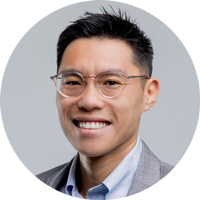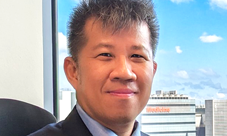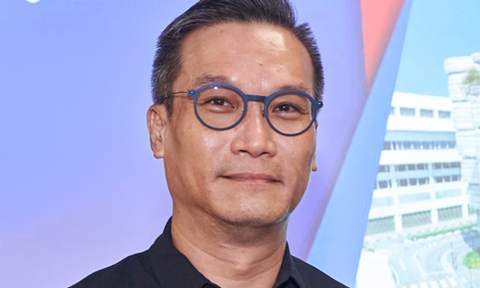Shaping and elevating career as a trainer in adult learning

Hanson Yap
Adjunct Lecturer at PaCE@NTU
Completed Practical Introduction to Learning for Adult Trainers and Educators (PILATE)
Please share your professional journey and the career point that led you to enrol in this programme.
After nearly two decades of experience in product management and marketing for the tech sector, I realise there has been a shift in my career aspirations. I now derive much more satisfaction when I can contribute to people's growth. Thus, my mid-career transition into the education space. The PILATE course is essentially a train-the-trainer programme and an important starting point for anyone who wants to develop themselves in the adult learning space.
How was your learning experience with this programme?
The course offers practical strategies rooted in education research. Discussions were well-facilitated to support both peer learning and deep self-reflection. Ultimately, all the learning accumulated to a final delivery of a microlearning session. It was deliberately time-constrained to stress-test the robustness of your instructional design. It was stressful! But I also know discomfort is a sign of growth.
How did you apply what you've learnt from this programme?
At the end of the course, I felt empowered to enhance my instructional design. In the classroom, I am a more skilled facilitator to support peer learning. I am now more thoughtful and confident as a trainer. But the journey doesn’t end here. PaCE@NTU further supports trainers with networking events and mini-workshops. My growth as a trainer continues!
Will you recommend PaCE@NTU’s programmes to your friends and family?
PaCE@NTU courses offer a dynamic learning experience characterised by an industry-relevant curriculum delivered by accomplished experts in the field. Notably, the PILATE course that I took, for instance, was conducted by professors from the National Institute of Education (NIE). However, what sets PaCE@NTU apart is not just the academic rigour but also the comprehensive support ecosystem for mid-career switchers, from tailored career coaching to networking events. I would encourage anyone serious about upgrading themselves or contemplating a career transition to take a course with PaCE@NTU.
Do you think lifelong learning is important? Please share your thoughts about it.
The opposite of lifelong learning is stagnation. I don't want to be closed and resistant to change as the world moves along without me. My nine-year-old shows me life is more fun when you are fascinated by the world and curious about everything. American futurist Alvin Toffler puts it bluntly: 'The illiterate of the 21st century will not be those who cannot read and write, but those who cannot learn, unlearn, and relearn.'.



